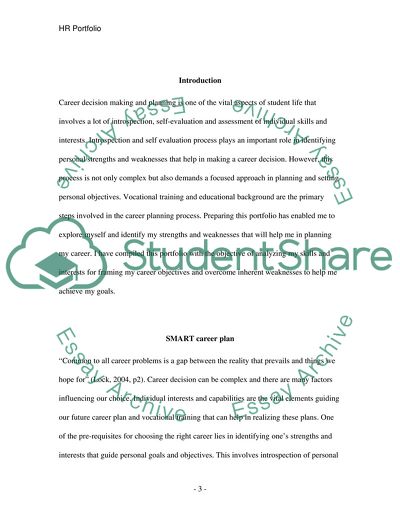Cite this document
(Human Resources - Recruitment and Selection Practices Research Paper, n.d.)
Human Resources - Recruitment and Selection Practices Research Paper. Retrieved from https://studentshare.org/human-resources/1745806-human-resources-personal-portfolio
Human Resources - Recruitment and Selection Practices Research Paper. Retrieved from https://studentshare.org/human-resources/1745806-human-resources-personal-portfolio
(Human Resources - Recruitment and Selection Practices Research Paper)
Human Resources - Recruitment and Selection Practices Research Paper. https://studentshare.org/human-resources/1745806-human-resources-personal-portfolio.
Human Resources - Recruitment and Selection Practices Research Paper. https://studentshare.org/human-resources/1745806-human-resources-personal-portfolio.
“Human Resources - Recruitment and Selection Practices Research Paper”, n.d. https://studentshare.org/human-resources/1745806-human-resources-personal-portfolio.


